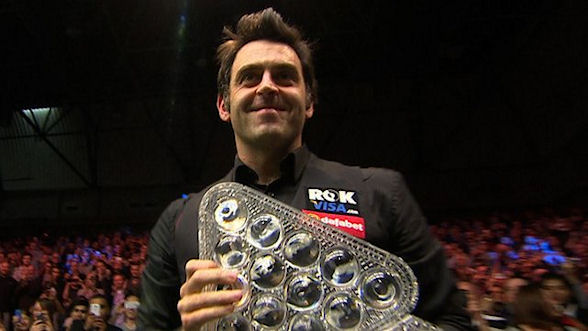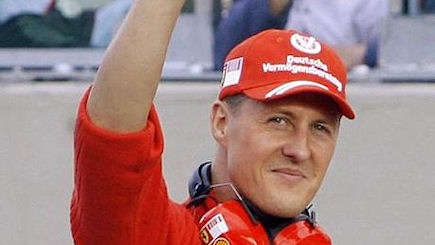It has been three weeks now since seven-time Formula 1 World Champion Michael Schumacher was rushed to hospital and put in an induced coma after hitting his head in a skiing accident in the French Alps. Even now, his future remains clouded with some reports suggesting he may never wake up while others claim he is making slow but steady progress. Either way, it’s always a shock when a high profile figure such as Schumacher – still just 45 years old – is involved in this sort of accident.

It does, however, continue the curse of the Formula 1 world champion with Schumacher adding to the long list of former winners to be involved in fatal or serious accidents. As racing car drivers, the risk of injury is always there. After all, the human body was never designed to go from 300km/h to zero in a split second. But it’s surprising just how many Formula 1 champions have died either on the track or in freak accidents off it.
The world’s first ever Formula 1 world champion, Giuseppe Farina, set the tone for what was to follow in the ensuing years when he was killed in a car accident in 1966. Ironically, Farina wasn’t racing that day. On his way to watch the French Grand Prix as a spectator, his car slid off a bend in the same mountains where Schumacher was injured and the 1950 world champion lost his life.
The first Italian world champion, 1952 and 1953 winner Alberto Ascari, was another to lose his life while driving outside of a race. In 1955, just four days after escaping with only a broken nose when he crashed into the harbor at Monaco, he went to watch a friend test drive a Ferrari at Monza. He arrived with no intention of driving himself that day, but agreed to try a few laps. Sadly, he lost control and was thrown from the car as it flipped several times.
England’s 1958 world champion Mike Hawthorn suffered a similar fate when he lost control of his Jaguar on a notorious stretch of road on the way London. Others, such as Jim Clark, Jochen Rindt and of course the great Ayrton Senna all lost their lives while racing with Senna’s death during the 1994 San Marino Grand Prix particularly memorable. Perhaps Senna sensed what was to come – certainly the events leading up to his fatal crash proved eerie. Two days earlier, Senna’s compatriot Rubens Barrichello was lucky to escape with just a broken arm and nose after his car became airborne and hit a fence.

The great Ayrton Senna was killed in just his third race for Williams in 1994
A day later, Austrian driver Roland Ratzenberger was killed when his front wing broke and he hit the wall at high speed. An emotional Senna later fronted race officials to complain about safety concerns. He even met with fierce rival Alain Prost to discuss re-establishing the Grand Prix Drivers’ Association. Alas, it proved too little, too late. On Lap 7 of the race, Senna’s car left the track at over 300km/h and slammed into the wall – causing fatal head injuries.

Niki Lauder miraculously survived this fire during the 1976 Grand Prix
Not all serious crashes have resulted in death. In 1976, a year after his first world title, Niki Lauder was involved in a serious crash at the German Grand Prix which saw his Ferrari burst into flames. Lauder suffered serious burns but survived and returned to win two more titles in 1977 and 1984.
Like Schumacher, Graham Hill’s accident occurred away from the race track. The 1962 world champion and father of 1996 champ Damon Hill was killed when the plane he was flying crashed in foggy conditions near London in 1975.
And spare a thought for New Zealand’s Denny Hulme, who suffered a serious heart attack while driving down the famous Conrod Straight during the 1992 Bathurst 1000 in Australia. The 1967 world champion hit the wall at speed and although he managed to slow the car to a halt, by the time paramedics reached him it was too late. Let’s hope that, in the long run, Michael Schumacher’s is a happier story to tell.







